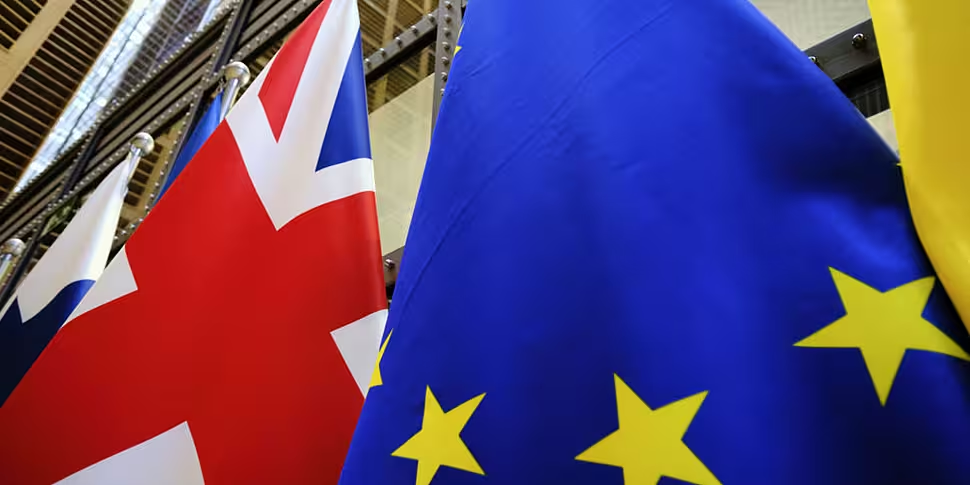Britain is to officially leave the European Union on January 31st, after the Brexit Act became law there.
The EU Withdrawal Agreement Bill was given royal assent by Queen Elizabeth II on Thursday.
The agreement comfortably passed the UK House of Commons earlier this month.
Those in the upper House of Lords passed a number of amendments to the legislation on Wednesday.
This is despite government opposition - including one amendment calling for the restoration of rights allowing unaccompanied child refugees to join their families in the UK after Brexit.
With Brexit set to go ahead as planned next week, the UK would then enter a 'transition period' until the end of this year.
The UK and EU are aiming to negotiate a trade agreement by the time the transition period ends.
But pro-EU politicians say more should have been done.
UK Labour MP Rachael Maskell said the deal should have been "put to the people for a final say" and Caroline Lucas of the UK Green Party called it "a moment of huge regret".
While Britain's Department for Exiting the EU, which is to be disbanded after the process is completed, simply tweeted: "The Brexit Act has been given Royal Assent. We’re leaving [the EU] next Friday."
The Brexit Act has been given Royal Assent.
We’re leaving next Friday. pic.twitter.com/FcAkWrTwNp
— Department for Exiting the EU (@DExEUgov) January 23, 2020
British Prime Minister Boris Johnson tried in October to push the Brexit deal bill through the House of Commons in a matter of days.
But MPs complained they were not getting enough time to scrutinise the updated agreement, forcing him to ask Brussels for a third Brexit extension to avoid no-deal.
The deadline was pushed back to January 31st.









